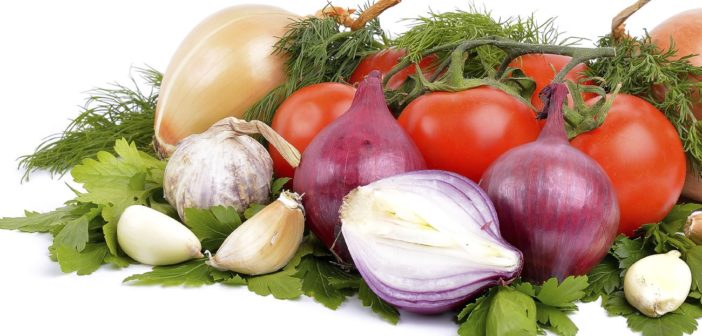India’s retail inflation could rise to 5.5 per cent in the July-September quarter due to a sudden surge in prices of vegetables, especially tomatoes, over the past few weeks, Reuters quoted three economists as saying. According to the report, India’s inflation eased to between 4 per cent and 5 per cent in April and May, moving towards the RBI’s 4 per cent target, and remained below 5 per cent in June as well, partly due to a supportive base, data coming on Wednesday is expected to show.
Gaura Sen Gupta, an economist at IDFC First Bank, told Reuters that if vegetable prices continue to rise, inflation could reach 6 per cent in July. Based on data provided by the National Horticulture Board, Sen Gupta said vegetable prices, based on consumer price index (CPI), have risen by 34 per cent so far in July after rising by 18 per cent in June .
“Even if prices start to come down, inflation could reach 5.5 per cent during July to September,” Kaushik Das, chief Indian economist at Deutsche Bank, said in a note on Friday. This is slightly higher than the Reserve Bank of India’s (RBI) 5.2 per cent forecast.
“Tomato prices have already risen sharply due to weather disturbances, other food items are also on the rise and the cumulative impact of these may be felt more in July than in June,” Das wrote. ”
India’s retail inflation eased to 4.25 per cent in May from 4.7 per cent in April, according to data from the Ministry of Statistics and Programme Implementation on Monday. Consumer price-based index (CPI) inflation in May is the lowest in 25 months. Food inflation also eased to 2.91 per cent in April. It was 3.84 percent in April. The food basket accounts for about half of the CPI. Inflation in fuel and light basket also eased to 4.64 per cent from 5.52 per cent in April .
Economists at Nomura expect inflation to average around 5.5 per cent in July and August and although this will not lead to a rate hike, they expect it to keep monetary policy tight.
RBI Governor Shaktikanta Das has said that the moratorium on rate hikes in the last two meetings should not be seen as a pivot as the deflation process will get longer.





